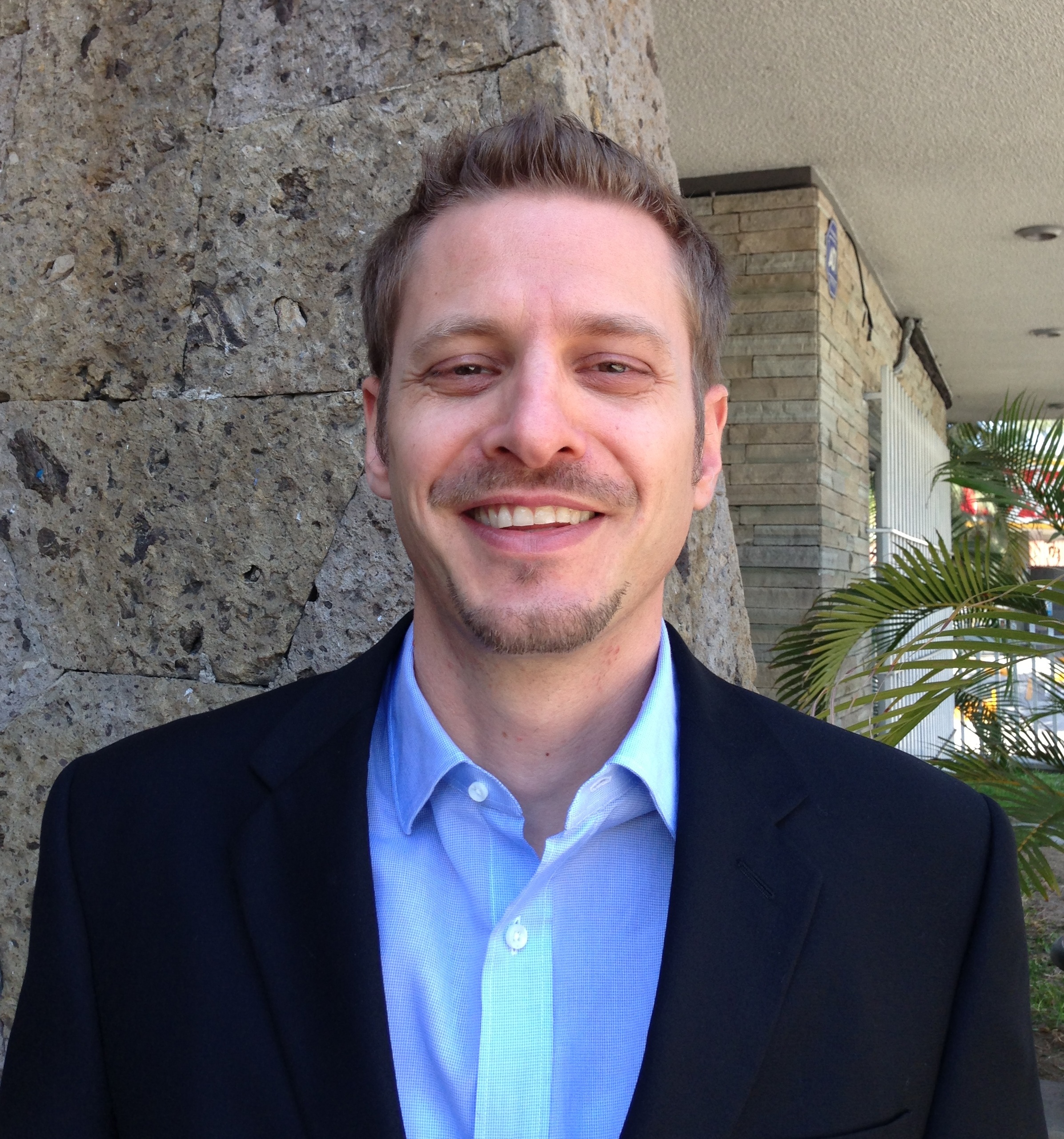Banorte Bank is the primary subsidiary of Grupo Financiero Banorte, one of Mexico’s largest and oldest financial institutions and has been present in Mexico since 1899. Student intern Sophia Kittler designed financial products for small and medium-sized enterprises (SMEs) owned by women.
The project “Focusing on the Next Generation: An Exploration of Enterprise Poverty Impacts on Children” consisted of qualitatively assessing the impacts of six inclusive businesses across sectors (sanitation, healthcare, agribusiness, renewable energy, housing) and geographies (Latin America and East Africa) on children ages 0-8 years. Funded by the Bernard Van Leer Foundation (BvLF), WDI conducted semi-structured, in-depth, face-to-face interviews with approximately 170 persons from the Base of the Pyramid (BoP). The project team reviewed data regularly to identify emerging patterns. A variety of key and local stakeholders were interviewed to allow for triangulation of impacts. The data collected was coded and analyzed to make cross-stakeholder comparisons within the business on three areas of well-being: Economic, capability and relationship. WDI also analyzed the data to make cross-business comparisons by area of well-being and by stakeholder (customer, distributor, employee and persons in the broader community that do not engage with the venture). The team developed detailed research case studies on six BoP business models from different sectors and geographies including CEMEX’s Patrimonio Hoy, Sanergy, Honey Care Africa, Solar Aid’s SunnyMoney, Villa Andina and Penda Health. These case studies will be used by BvLF for three main purposes: (1) as part of the BvLF’s efforts to mobilize resources and support a Young Child Venture Fund; (2) to identify social investment opportunities for BvLF; and (3) to influence leaders in the field of social impact investing to include metrics related to young children in their measurement systems. The Honey Care Africa research case study was also developed into a teaching case now available through WDI Publishing. WDI also generated an article that summarizes the findings across the ventures. A version of this summary article was selected as a finalist for the Social Issues in Management Division’s Best Paper Award at the Academy of Management Annual Meeting. Additionally findings from research with Sanergy was published in the Annals of the New York Academy of Sciences.
View report at https://wdi.umich.edu/wp-content/uploads/Child-Impact-Summary-Article-v3.pdf.
View summary article at http://onlinelibrary.wiley.com/doi/10.1111/nyas.12345/abstract.
The impact assessment study for Semilla, funded by the Danone Ecosystem Fund, assessed changes on salespersons employed by the enterprise. Semilla recruits individuals, mostly women, from the communities they operate in, who are affected by poverty and have difficulty finding formal employment. Semilla uses a door-to-door sales model and provides employees with benefits such as health insurance and housing credit, and trainings on topics such as sales and marketing, and life skills such as how to manage their personal finances, nutrition, and improve family dynamics.
Our assessment focused on addressing Semilla’s challenges to reduce turnover, improve sales and enhance impact by assessing a mix of business indicators and social indicators such as self-esteem, self-efficacy and relationships with others. To conduct the assessment, we prioritized indicators of well-being via conversations with management, a literature review, interviews with experts and in-depth qualitative interviews with 49 key stakeholders. We developed a robust research design and a quantitative survey that was pretested, piloted and implemented with over 800 individuals. The treatment group consisted of new hires and the comparison group, of persons similar in profile to these new hires. The study also included 10 in-depth qualitative interviews with salespeople who had been with Semilla for more than a year.
The report can be downloaded here.
The marketing manager of an initiative in Mexico that provides construction materials to low-income customers to build new homes or expand their existing ones was the featured speaker at the Nov. 19 WDI Speaker Series.

The event with Henning Alts Schoutz of CEMEX’s Patrimonio Hoy initiative began at 5 p.m. in Room R1240 at the Ross School of Business.
CEMEX, a $15 billion multinational concrete manufacturer, started Patrimonio Hoy to give families cement, concrete blocks, and steel at average market prices. A weekly payment plan is established, and microfinancing, technical advice, and logistical support also are provided.
The initiative generates significant social and economic impacts for participating families and communities, while also being profitable for the company.
(Watch WDI’s Ted London interview Hector Ureta about Patrimonio Hoy here.)
As Patrimonio Hoy’s marketing manager, Schoutz is responsible for the initiative’s marketing, organizational effectiveness, partnerships, and public relations. He joined CEMEX in 2006 on a scholarship from the German and Mexican governments to work on an impact assessment for the company’s Patrimonio Hoy and Mejora Tu Calle initiatives. He has been part of the Patrimonio Hoy team since November 2007.
From 1999-2000, Schoutz studied at the University of Warwick, England, and in 2005-2006, undertook postgraduate studies in international project management at Gesellschaft für Nachhaltige Entwicklung (Association for Sustainable Development), Germany under a grant from the German government. Schoutz graduated with a master’s degree in sociology of development with a focus on development cooperation from the Free University of Berlin in 2005.
CEMEX is one of the world’s largest cement producers. The company produces, distributes, and sells cement, ready-mix concrete, aggregates, and related building materials in more than 50 countries, while maintaining trade relationships in 108 nations. CEMEX leverages its core business strengths — institutional knowledge and experience, employees’ talent and time, and capital — to support the social and economic development of communities in ways that foster self-reliance and empowerment. Click here for more information on CEMEX-Patrimonio Hoy.